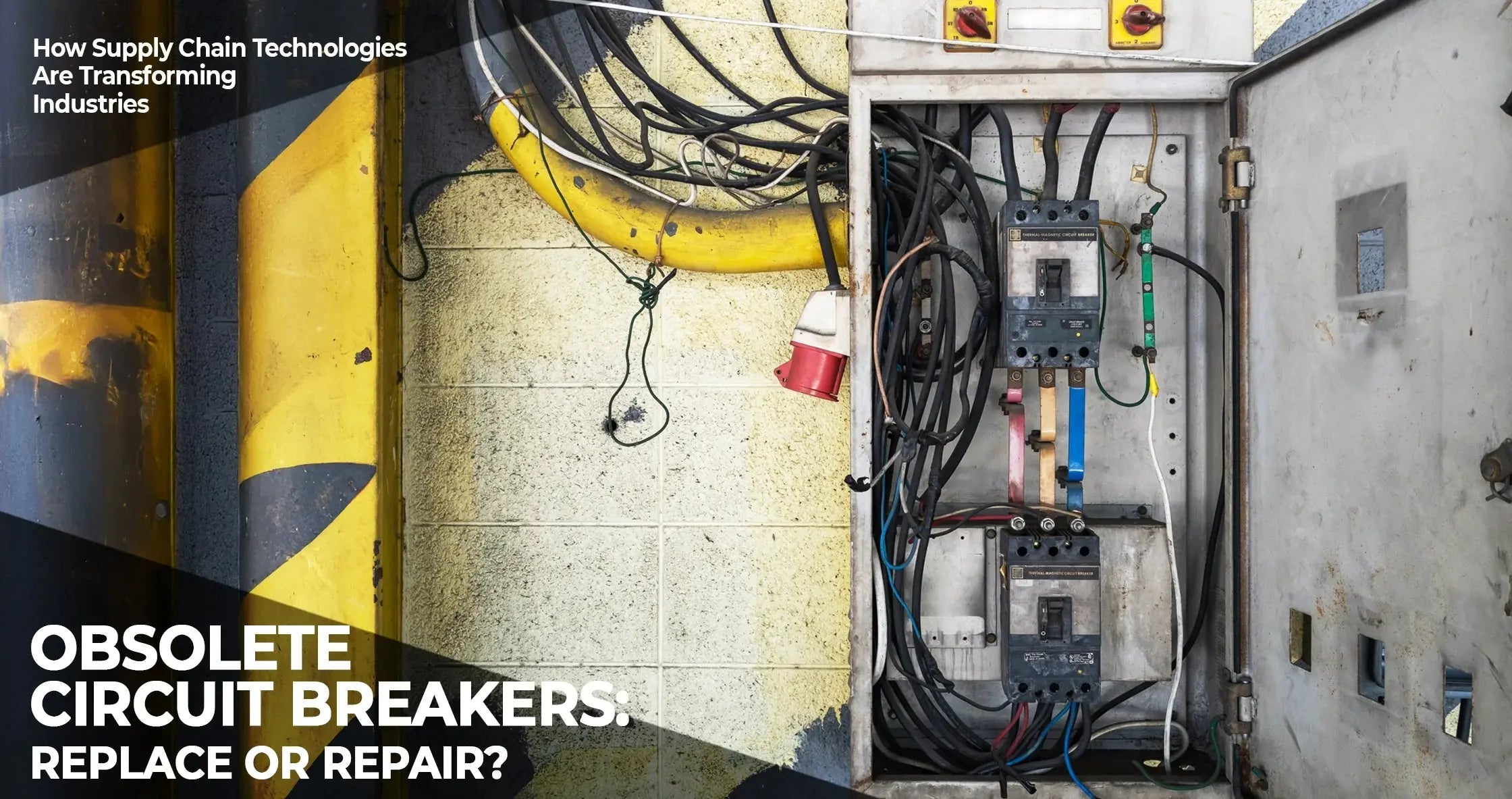Dealing with obsolete circuit breakers can be a daunting task for homeowners and businesses alike. Understanding whether replacement or repair is more cost-effective requires careful consideration of several factors, including safety concerns, maintenance costs, and long-term benefits. This guide will help you navigate through this crucial decision.
Understanding Obsolete Circuit Breakers
Before delving into the cost analysis, it's essential to understand what makes circuit breakers obsolete.
What Makes Circuit Breakers Obsolete?
Older models of circuit breakers may not meet current electrical codes and standards, posing significant safety risks. For instance, **obsolete circuit breakers** from the 1960s and 1970s were not designed to handle modern electrical loads.
Additionally, certain brands like Federal Pacific Electric (FPE) panels are known safety hazards that should be replaced immediately.
Signs Your Breakers Are Obsolete
Recognizing signs of obsolescence is critical:
- Burning smells near the panel
- Buzzing or crackling sounds from the panel
- Visible burn marks or discoloration around breakers
- Frequent tripping of circuits
Cost Analysis: Replacing vs Repairing Obsolete Circuit Breakers
The cost-effectiveness of replacing versus repairing **obsolete circuit breakers** depends on various factors.
Initial Costs
Repairing individual **obsolete breakers** typically costs between $150-$300, while replacing the entire panel can range from $1,500 to $4,500. However, frequent repairs can accumulate over time, surpassing the cost of replacement.
Long-Term Savings
Replacing outdated panels often leads to long-term savings by reducing energy consumption and minimizing repair frequency. Modern panels also enhance safety and comply with current regulations.
Safety Considerations
Safety should always be a priority when dealing with **obsolete electrical breakers**.
Risk of Fires and Electrical Shocks
Outdated systems increase the risk of fires and electrical shocks due to poor insulation and corroded connections. Replacing these systems eliminates such risks entirely.
Compliance with Current Codes
Upgrading ensures compliance with modern building codes, which mandate features like arc fault circuit interrupters (AFCIs) and ground fault circuit interrupters (GFCIs).
Factors Influencing the Decision
Several factors influence the decision to replace or repair **obsolete mcb**.
Age of the System
Most electrical panels last 25-40 years. If your home was built before 1990 and still has its original panel, replacement is likely overdue.
Frequency of Issues
If you're frequently calling for electrical repairs, replacement often makes more financial sense. Multiple repair callouts can quickly exceed the cost of a new panel.
Residential Applications
In residential settings, understanding the needs of your household is vital in deciding whether to replace or repair **obsolete circuit breakers residential**.
Increased Electrical Demand
Modern homes require higher electrical capacity, especially with devices like electric vehicle chargers and smart home systems. Upgrading ensures your system meets these demands.
Value Addition to Property
An upgraded electrical system adds value to your property, making it more attractive to potential buyers in the future.
Conclusion
While repairing obsolete circuit breakers might seem like a quick fix, replacement often proves more cost-effective in the long run. It enhances safety, reduces maintenance costs, and increases property value. Always consult with a licensed electrician to assess your specific situation and determine the best course of action.
Common Questions (FAQ)
Here are some frequently asked questions about replacing obsolete circuit breakers:
Why Should I Replace My Obsolete Circuit Breakers?
Replacing obsolete circuit breakers improves safety, reduces energy consumption, and ensures compliance with current regulations.
Where Can I Find Replacement Parts for Discontinued Circuit Breakers?
For discontinued circuit breakers, check our product collection for a wide range of replacement options tailored to your needs.
How Long Do Modern Circuit Breakers Last?
Modern circuit breakers typically last between 25-40 years, depending on usage and maintenance conditions.


